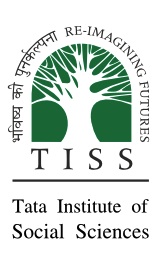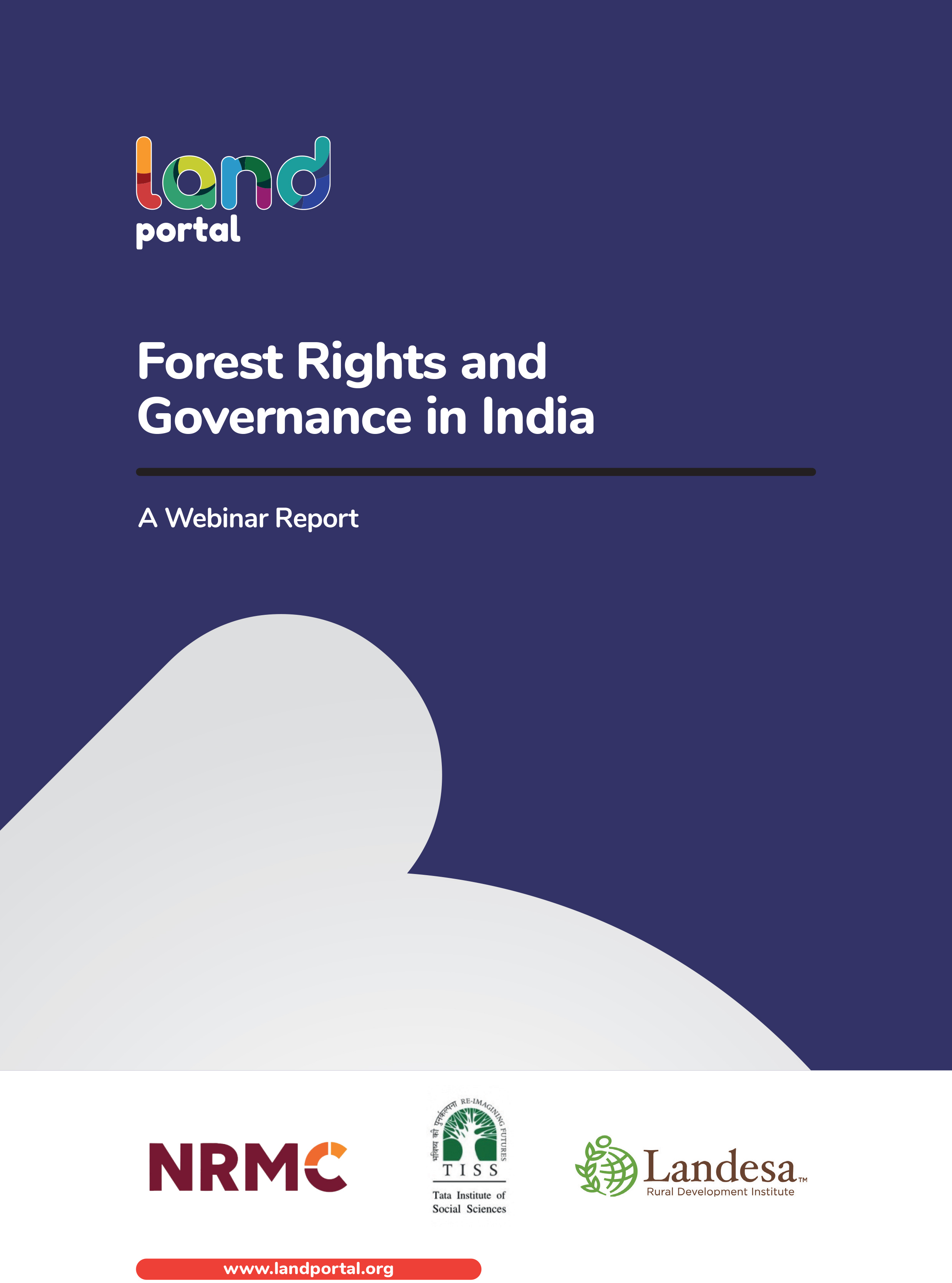The Tata Institute of Social Sciences (TISS) was established in 1936 as the Sir Dorabji Tata Graduate School of Social Work. In 1944, it was renamed as the Tata Institute of Social Sciences. The year 1964 was an important landmark in the history of the Institute, when it was declared Deemed to be a University under Section 3 of the University Grants Commission Act (UGC), 1956.
Since its inception, the Vision of the TISS has been to be an institution of excellence in higher education that continually responds to changing social realities through the development and application of knowledge, towards creating a people-centred, ecologically sustainable and just society that promotes and protects dignity, equality, social justice and human rights for all.
Vision & Mission
In pursuance of its vision and guiding principles, the Tata Institute of Social Sciences organises teaching programmes to facilitate the development of competent and committed professionals for practice, research and teaching; undertakes research; develops and disseminates knowledge; and reaches out to the larger community through extension, at the local, national, regional and international levels.
Vision of the TISS has been to be an institution of excellence in higher education that continually responds to changing social realities through the development and application of knowledge, towards creating a people-centred, ecologically sustainable and just society that promotes and protects dignity, equality, social justice and human rights for all. The TISS works towards its vision through:
- Creation and provision of socially relevant and high quality professional education in a wide range of inter-disciplinary areas of Social Sciences to a larger number of students from all sections of the society in the country.
- Facilitation of autonomous research and dissemination of knowledge.
- Support knowledge creation through strong M.Phil. and Ph.D. programmes and Post-Doctoral scholars.
- Strategic extension, field action and advocacy through training and capacity building of State and non-State institutions and personnel.
- Initiate field action and advocacy to demonstrate and facilitate creation of policies and programmes.
- Professional response to natural and human-made disasters, through participation in relief and rehabilitation activities.
Members:
Resources
Displaying 1 - 3 of 3Forest Rights and Governance in India
The webinar on the Forest Rights and Governance in India took place on 30 January, 2018. The webinar discussed why has there been variation in the implementation of the Forest Rights Act and identified institutional bottlenecks to upscaling its implementation, as well as lessons learned from existing best practices.
The webinar addressed implementation of the Forest Rights Act, its inclusion of traditional forest dwellers - men and women, innovations that have proven successful, and questions of governance and its impact on the forest rights discourse and policies.
Land Conflicts in India: An Interim Analysis
Land and resource conflicts in India have deep implications for the well-being of the country’s people, institutions, investments, and long-term development. These conflicts reveal deep structural flaws in the country’s social, agrarian, and institutional structures, including ambiguities in property rights regimes and institutions. In 2014, a study focusing primarily on reports in the national media reflected the gravity of these conflicts.
Land Conflict in India
Land and resource conflicts in India have deep implications for the wellbeing of the country's people, institutions, investments, and long-term development. These conflicts reveal deep structural flaws in the country's social, agrarian, and institutional structures, including ambiguities in property rights regimes and institutions.




